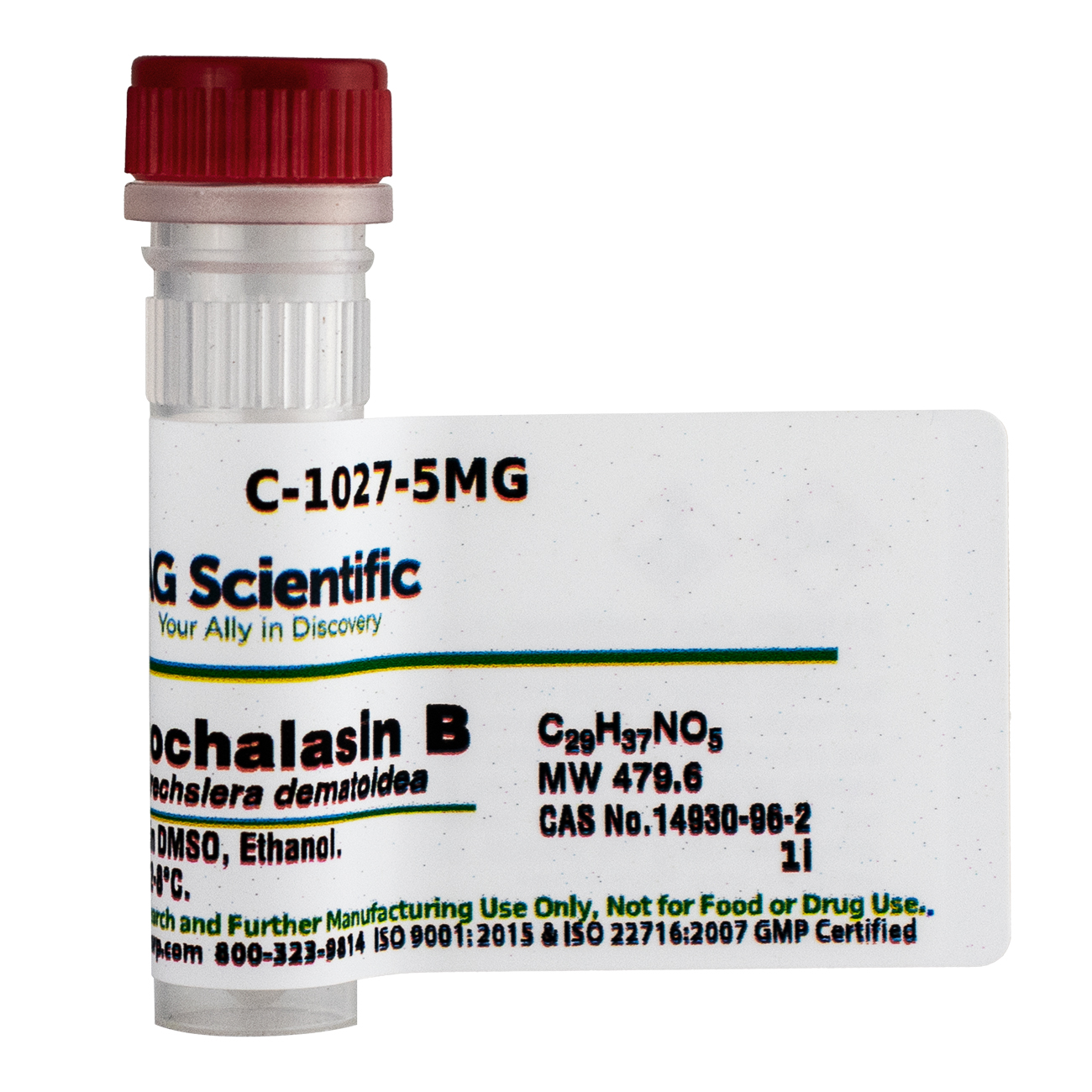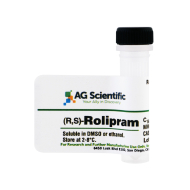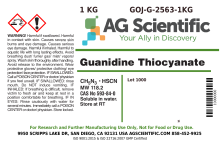NSC 107658; Phomin
14930-96-2
479.6
C29H37NO5
DMF, DMSO, Ethanol
-20°C
Cytochalasin B is a heterotricyclic compound that acts as a mycotoxin. Cytochalasin B inhibits cytokinesis during cell division by preventing microfilament formation. While preventing cytokinesis from occurring, this compound exerts no effect on the division of the nucleus.
Cytochalasin B also inhibits several processes within cells, including both the formation of actin filaments and the normal transport of glucose. Cytochalasin B acts as a microtubule inhibitor isolated from Helminthosporium dematioideum.
Owing to its ability to permeate cells and inhibit several aspects of their ordinary activity, cytochalasin B has been used widely in cytological research to investigate cellular processes. Along with the other cytochalasins, this compound has also been studied as a potential anticancer drug.
In both in vitro and in vivo studies, cytochalasins have been shown to damage cancerous cells to a greater extent than non-cancerous cells. Another line of investigation into cytochalasin B's in vivo effects has focused on its ability to restore elasticity to the skin cells of mice by impeding f-actin polymerization. Cytochalasin B also induces cellular DNA fragmentation.
0.1 lbs
Research or further manufacturing use only, not for food or drug use.





